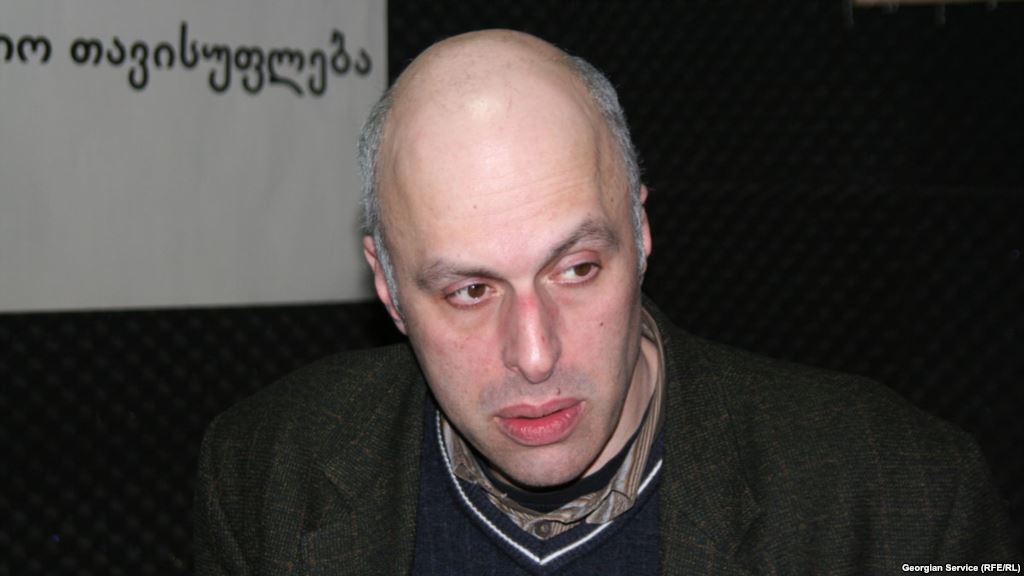Nino Mshvidobadze, Guria
Humanrights.ge talked with Davit Losaberidze, Georgian Member of the group of independent experts on the CoE Charter of local self-government, about main problems and challenges of the local self-governments in Georgia; what are the innovations in the self-governmental reforms and how it will reflect on the population.
Davit Losaberidze: Principle of local self-governance is to provide population with social service and ensure their involvement in the process. Even during good governance, ministers will never know which particular street or bridge needs renovation in the village better than local government. These issues shall be settled locally. The local government shall decide what local population needs. They define priorities for the district. It is main principles of the self-governments that are implemented worldwide. As for Georgia, the level of social services is not high. Villages still do not have natural gas, kindergartens, drinking water, good internal roads, finances and many other utilities. It hinders development of the citizen, who individually makes decisions.
-Mr. Davit, nowadays, local self-governments receive main funding from the central government; are those funds enough?
-During Shevardnadze’s governance, self-governments in Georgia received full 200 million lari per year. It was very little money for municipalities. After the so-called Rose Revolution, the allocated sums started to increase and last year the allocated sum for self-governments amounted to 2 billion lari though problems remained. The point is that it is impossible to take adequate measures from the center. Although infrastructural projects are implemented, minister’s signatures are necessary even for the rehabilitation of a bridge; or they have to undergo very many processes that are not acceptable for the local population. Believe me, neither central government wishes it. On the one hand – the system shall be changed but we should also consider the interests of the population. When you ask what can be done with this money, only two out of one thousand residents will know how much money is allocated for the purpose; however it is important that people were also involved in the financial procurements. Self-government system was created for this purpose but unfortunately not many people understand it.
-As far as I know, concept of local self-governments has been under consideration for a long time, but none of previous governments ever wished to follow it. What does this concept include?
-Yes, working on the new concept started in 1990s but none of the previous governments considered our proposals. They preferred to have clan or centralized government where president decides color of a public school building in a village. According to the reform, the participation of the population will increase; public governance agencies will be established in the villages; those mechanisms, which were written on the paper until now, will be reinforced. We speak about marking natural zones for example during the controversy between the town and village, where people have different interests and they wish funding of different projects; in similar cases one side is always oppressed. So the best solution is to draw boundaries between them and both of them will make decisions within their competences. The third step is increase of self-government’s authorities. We all know that municipal boards and district administrations depended on the upper institutions and could not do anything without their permission. Of course it is not right approach and self-governments shall receive power prescribed in the law and the Center will never interfere in their activities. However, finances are the main problem here.
We already work on the regulation of fund distribution by the law. The reform will introduce supervision system too that will fully exclude interference in the activities of self-governments and control from the center. The next stage is to train public servants that naturally means employment of qualified personnel in the district administration. Mainly, the concept relies on these principles and European Charter of Self-government. Georgia joined the Charter in 2004 and is obligatory for the country. Ilia Chavchavadze also wrote about these principles in the XIX Century. They are real and implementable moreover when current government already has will to implement it.
News
December 13, 2023
Ethnic minorities outside the peace dialogue
November 6, 2023
‘Peace’ agenda of political parties
Popular
Articles
February 13, 2024




